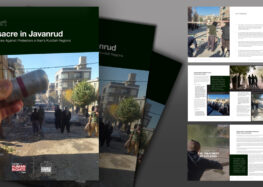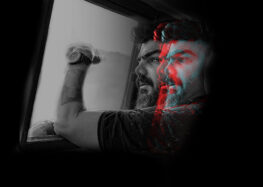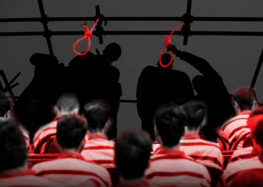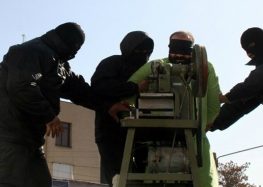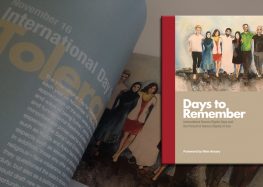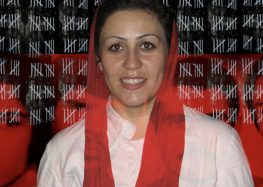Death Sentence Issued for Female Kurdish Political Prisoner
(21 January 2010) The International Campaign for Human Rights in Iran expressed serious concern regarding the increasing number of death sentences issued for Kurdish political prisoners following unfair trails.
According to Kurdish human rights organizations, at least 20 political prisoners have been condemned to death. During the past few weeks, two Kurdish political prisoners, Ehsan Fattahian and Fasih Yasamini were executed, and there are credible fears of imminent executions of other political prisoners on death row.
“The Iranian Judiciary is moving fast to implement a wave of political executions, particularly of Kurdish activists. These sentences are politically motivated and the trials do not conform to internationally accepted standards of due process,” said Hadi Ghaemi, a spokesperson for the Campaign.
The latest death sentence has been issued for a female Kurdish prisoner, Shirin Alam Holi (28), by Branch 15 of Tehran’s Revolutionary Court presided by Judge Salevati. The Kurdistan Human Rights Organization reported that the trial was held on 19 December 2009, and the conviction was announced to her lawyer on 3 January 2010.
Alam Holi is from the village of Deym Shalagh near the city of Makoo in western Iran. Security forces belonging to the Revolutionary Guard arrested her on 26 May 2008. She was detained for 21 days at a secret Revolutionary Guard detention center and subsequently transferred to Evin prison ward 209, which is under the control of the Intelligence Ministry. After five months of imprisonment in ward 209, Alam Holi was transferred to the general ward for women in Evin prison, where she is currently being held.
According to an interview by her lawyer, Feridun Shami, her physical condition was so bad that Evin officials at ward 209 refused to take custody of her when she was transferred there from the Revolutionary Guard detention center. She spent a week in Evin’s medical clinic before being transferred to ward 209. Shami also alleged that her client was severely tortured while she was held at the unknown detention facility of the Revolutionary Guard.
Alam Holi is accused of enmity toward God, Moharebeh, by cooperating with armed Kurdish opposition groups. However the prosecution did not provide any evidence of armed activity by her. Her lawyer told the Kurdistan Human Rights Organization that he did not expect the death sentence for her client as it does not conform to evidence against her and that he will appeal the sentence.
In addition to Shirin Alam Holi, according to several Kurdish human rights organizations, there are 19 other Kurdish political prisoners on death row who could be executed soon.
On 11 January 2010, the Kurdistan Human Rights Organization announced the names of 17 Kurdish prisoners at risk of imminent execution: Zeinab Jalilian, Farzad Kamangar, Habibollah Latifi, Shirkoo Moarefi, Farhad Vakili, Ali Heidarian, Hussein Khazri, Rostam Arkia, Mostafa Salimi, Anvar Rostami, Rashid Akhkandi, Mohammad Amin Agooshi, Ahmad Pooladkhani, Seyed Sami Husseini, Seyed Jamal Mohammadi, Hasan Talei, and Iraj Mohammadi.
Also, on 20 January 2010 the Campaign in Defense of Political and Civil Prisoners, announced that the execution sentences of two other young Kurdish political prisoners, Mohammad Amin Abollahi (20) and Ghader Mohammadzadeh (32), have been confirmed by the appeals court in the city of Urumieh.
“The recourse to executing political prisoners under the guise of enmity towards God is deplorable. No religion allows for such summary killings and even more troubling is the naked political nature of these killings to help cement the power of extremist hardliners in charge of most institutions in Iran,” Ghaemi said.
The Campaign notes that the Iranian government extrajudicially executed thousands of political prisoners during the summer of 1988, an act that has been widely recognized by human rights organizations as a crime against humanity.
“Today, the very same officials who carried out the 1988 massacres are urging another similar massacre of political prisoners, and the world should not sit by idly until such a crime is underway. The increasing execution of Kurdish prisoners, Iran’s most vulnerable and voiceless prisoners, is an alarm bell. The UN Human Rights Council should take on its responsibility of holding Iran accountable before we face a human rights catastrophe,” Ghaemi said.


